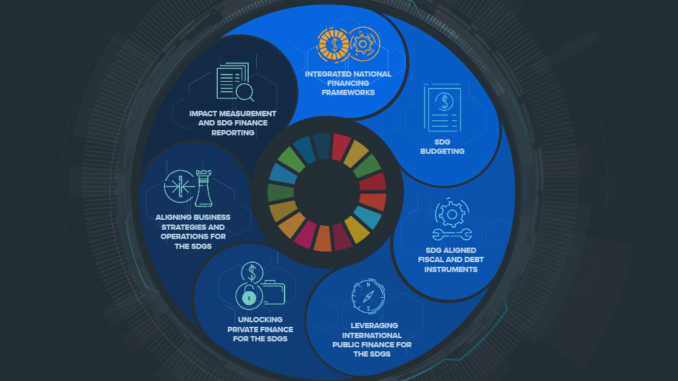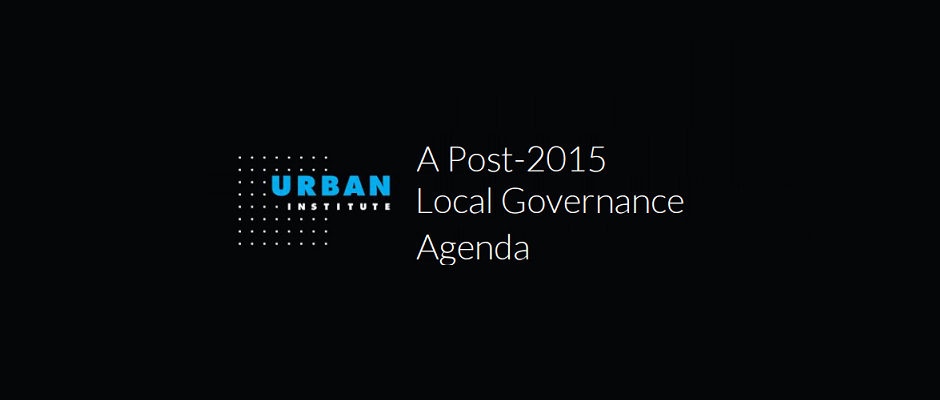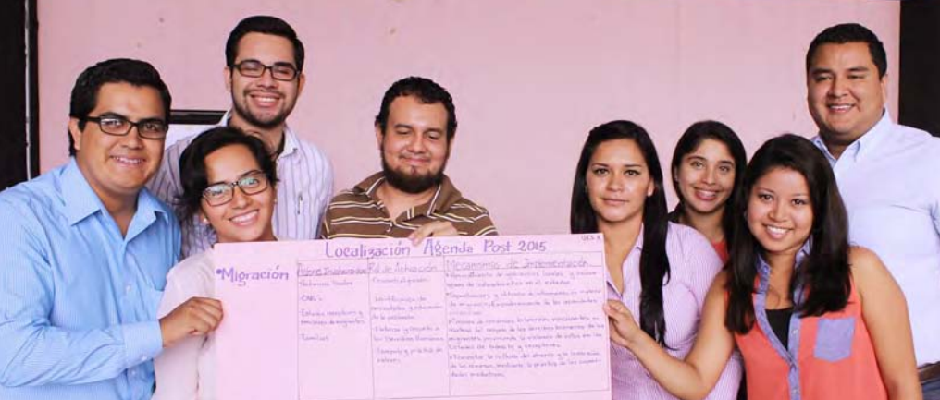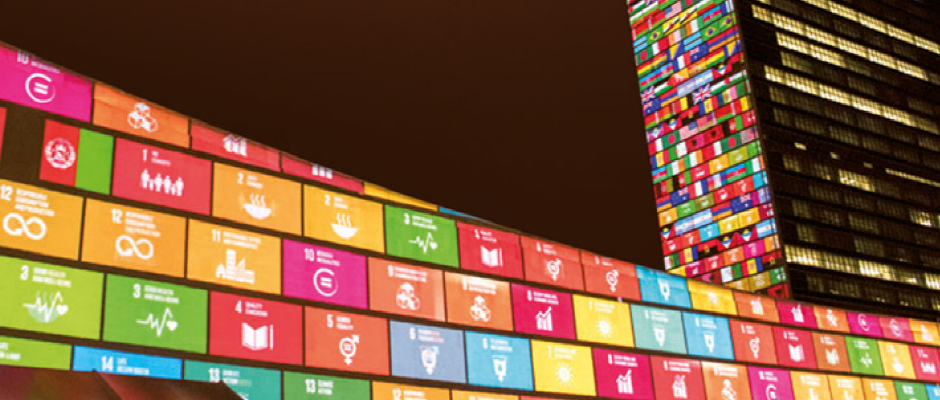
Public budgets are the instruments through which governments implement their policies for sustainable development in an inclusive manner. The public spending decisions are undertaken as part of the annual budget cycle, from the strategic budgeting processes to formulation and approval to execution, and monitoring, audit and evaluation. Transparency, accountability and public participation in the public ensures that the public monies are well spent as per the policy priorities.
The Sustainable Development Goals (SDGs) are cross-cutting (across government functions and tiers) and interlinked. Therefore, aligning planning and budgeting, monitoring budgets by SDGs along with the targets, formulating and presenting budgets by the SDGs at both the national and sub-national levels, present important impediments in aligning budgets with the SDGs.
UNDP published a modular handbook in an effort to elaborate upon the mainstreaming of the SDGs in the budget cycle. The handbook aims to provide necessary technical guidance together with country examples to align public budgets with SDGs. There are four modules in this handbook; 1) entry points and sequence of budgeting for the SDGs reforms, 2) linking the SDGs to strategic budgeting processes, 3) tracking SDG budgets, and 4) local budgeting for the SDGs. There is also a companion piece on SDG Budgeting – Origins and Practices. The modular handbook also includes sample Terms of Reference, which serve as a starting point in providing technical assistance on these reforms to different countries.
The budgeting for the SDGs modular handbook is work in progress. The UNDP plans to include further modules to enrich the discussion around aligning public budgets with the SDGs.
Visit UNDP’s SDG Finance website for more information about the seven action areas to initiate systemic changes in public and private finance towards achievement of the SDGs and recovery from COVID-19.



